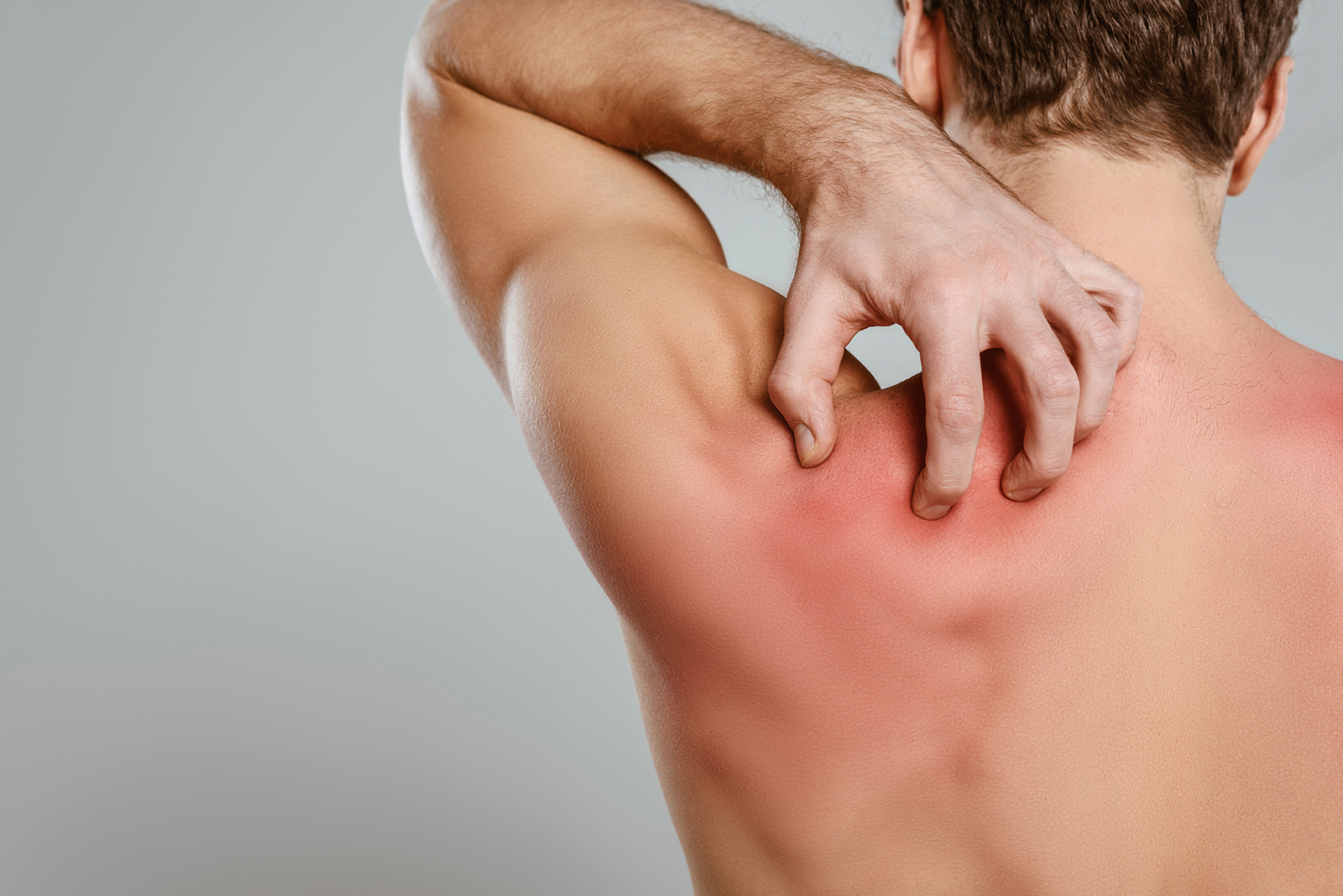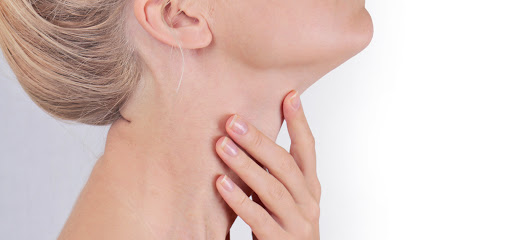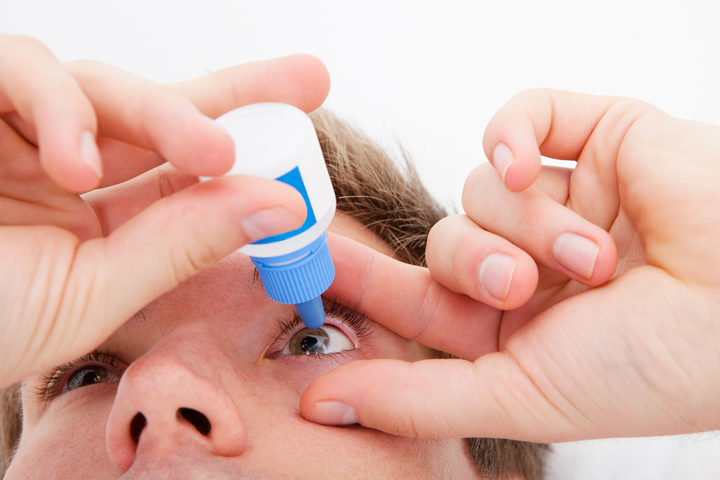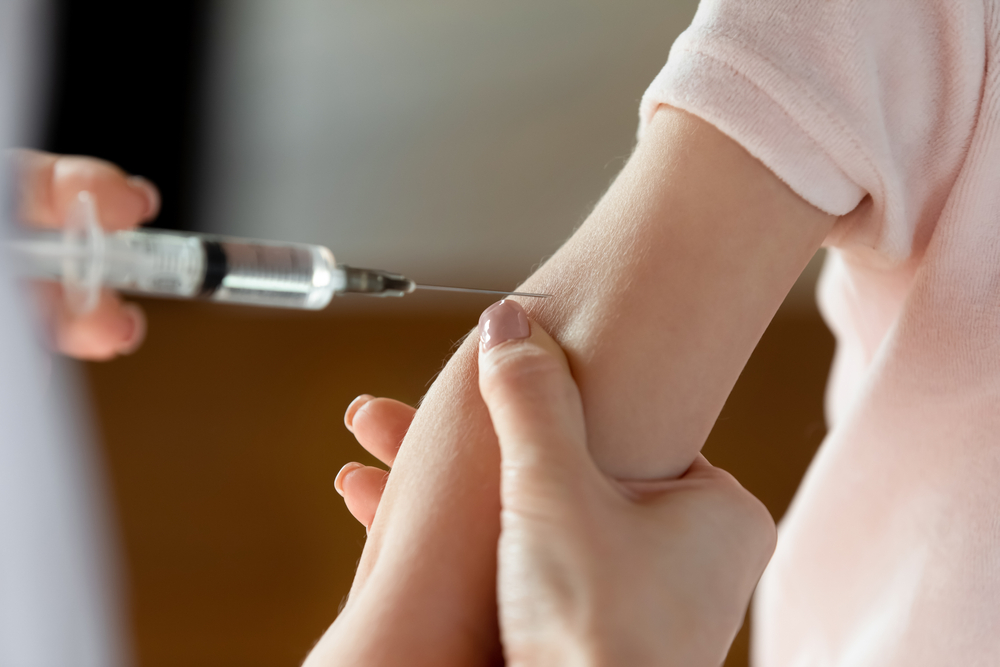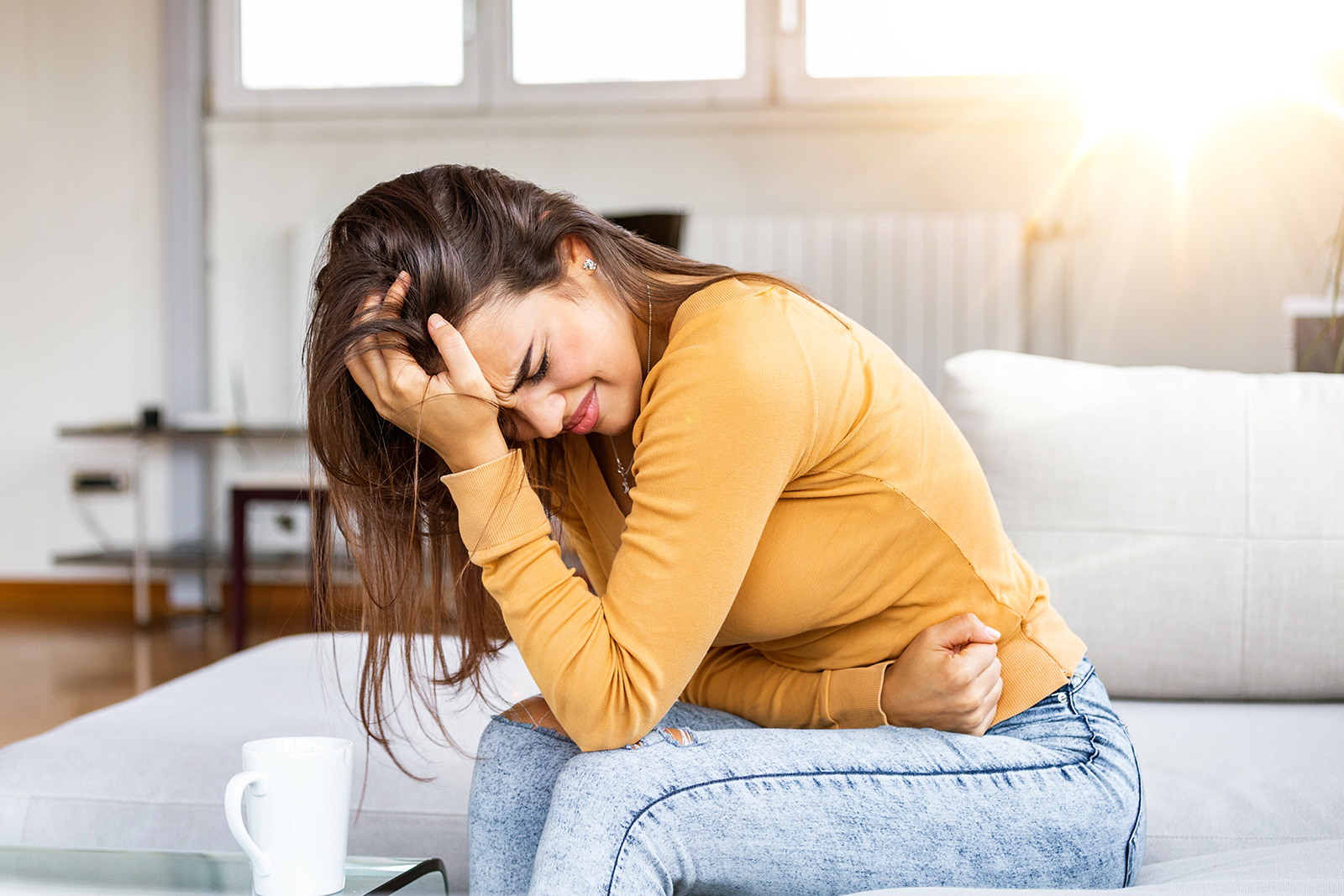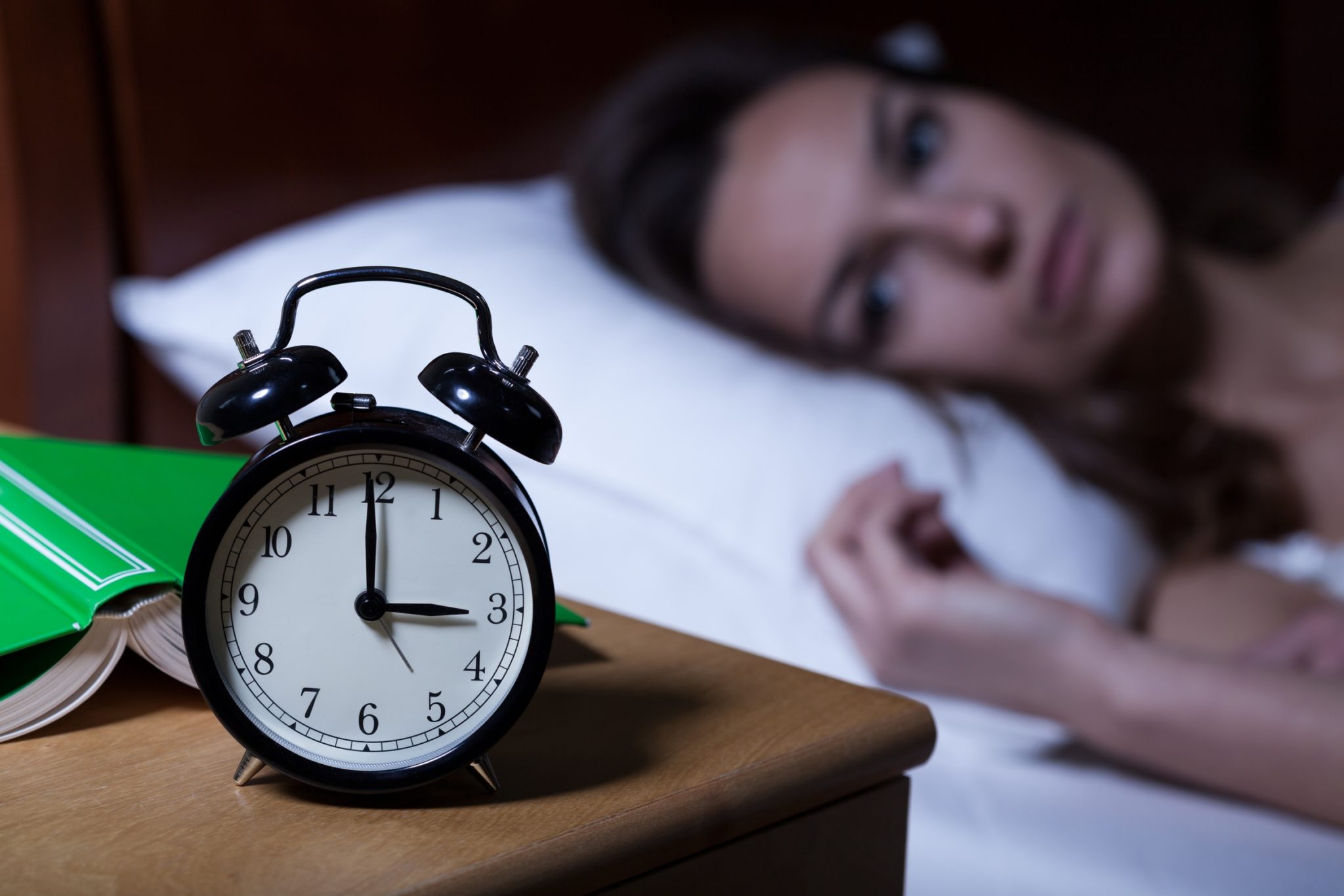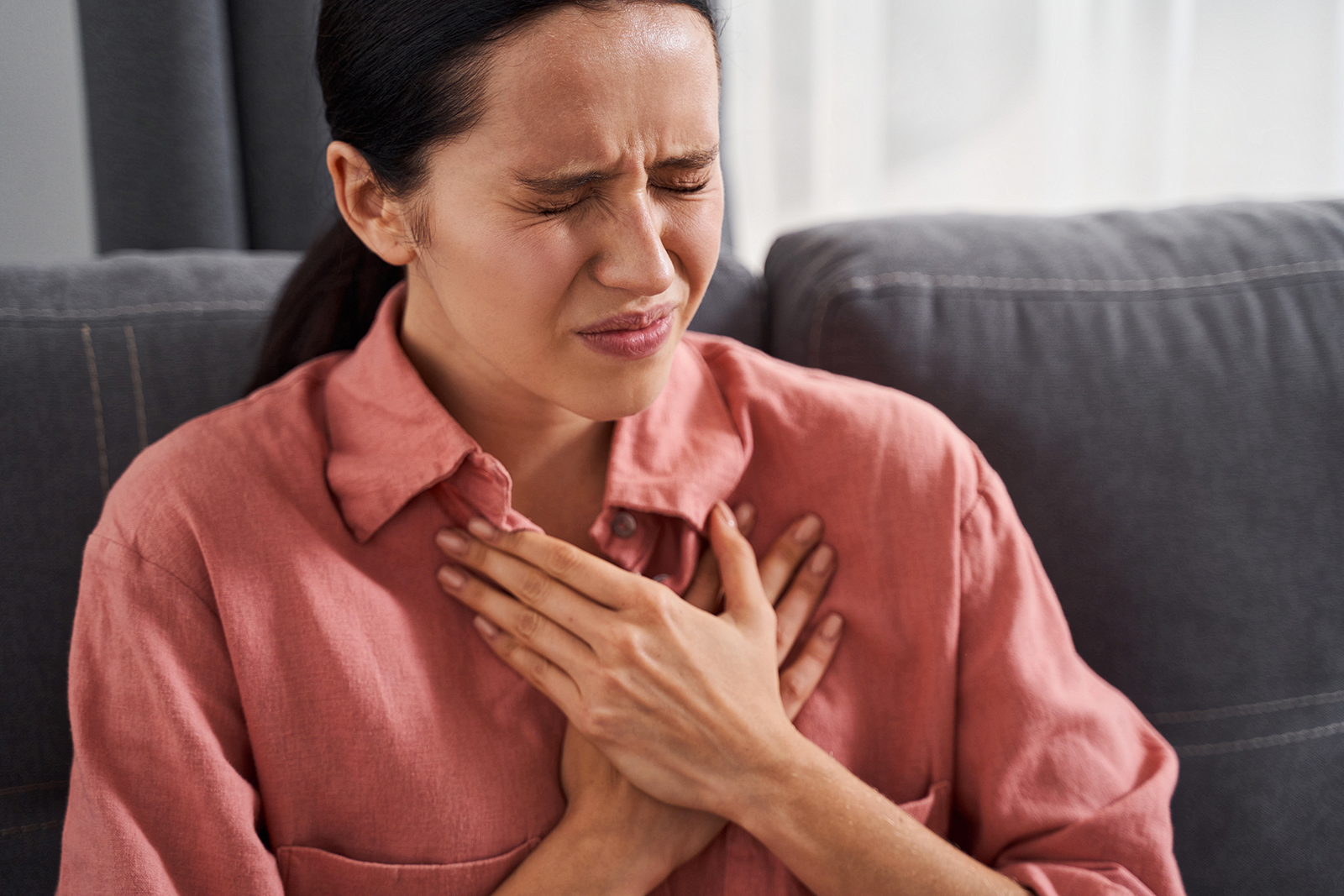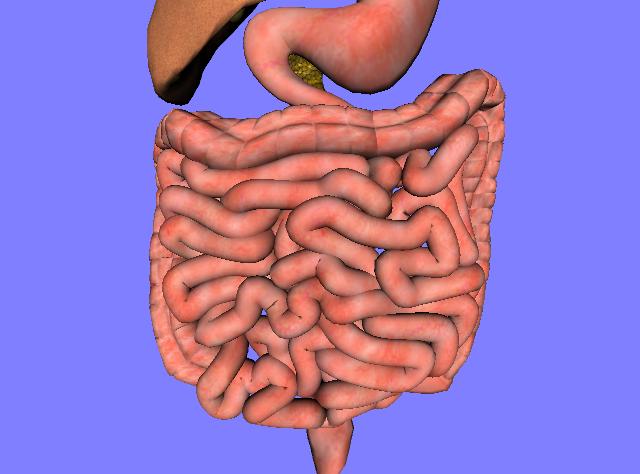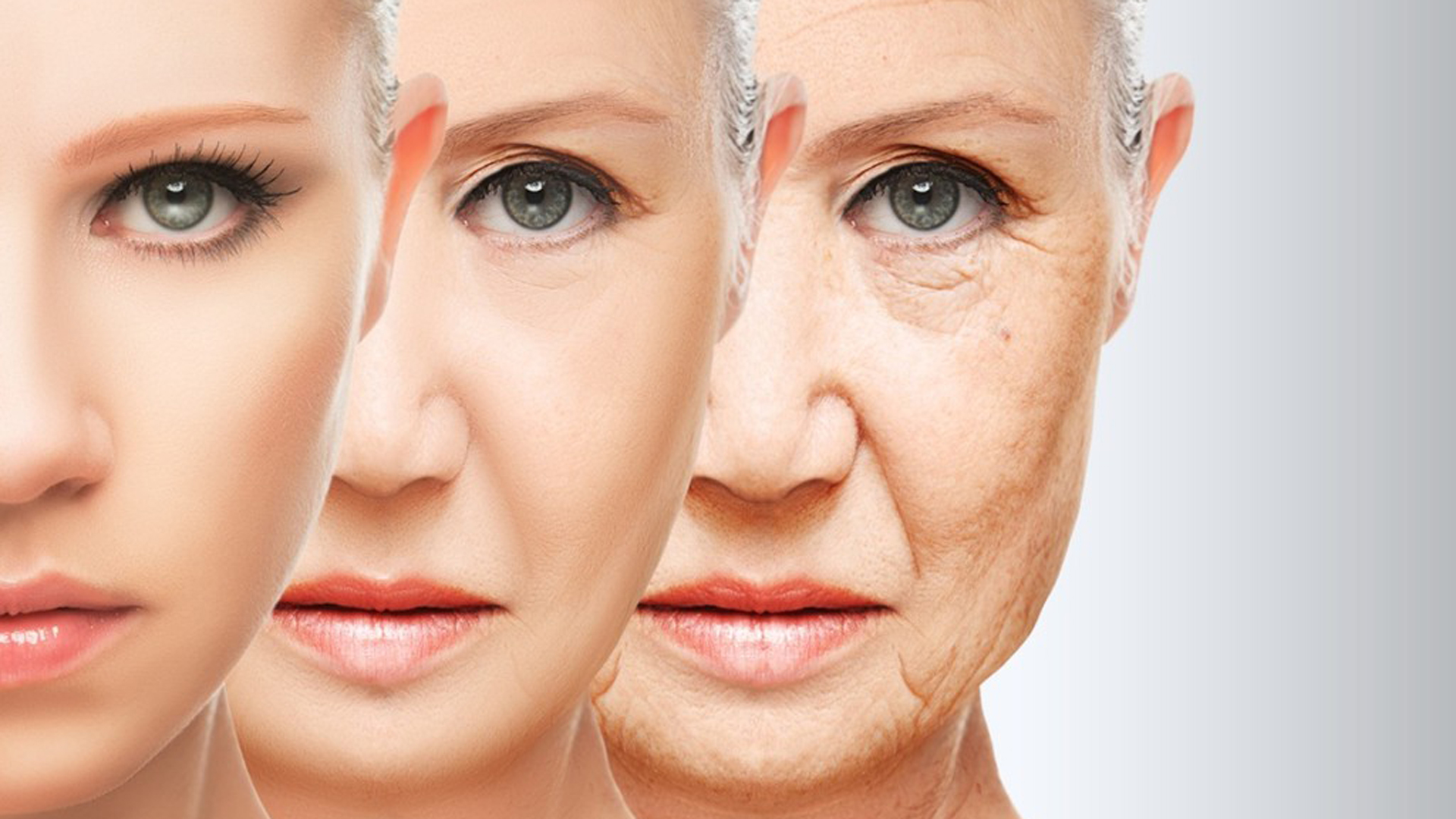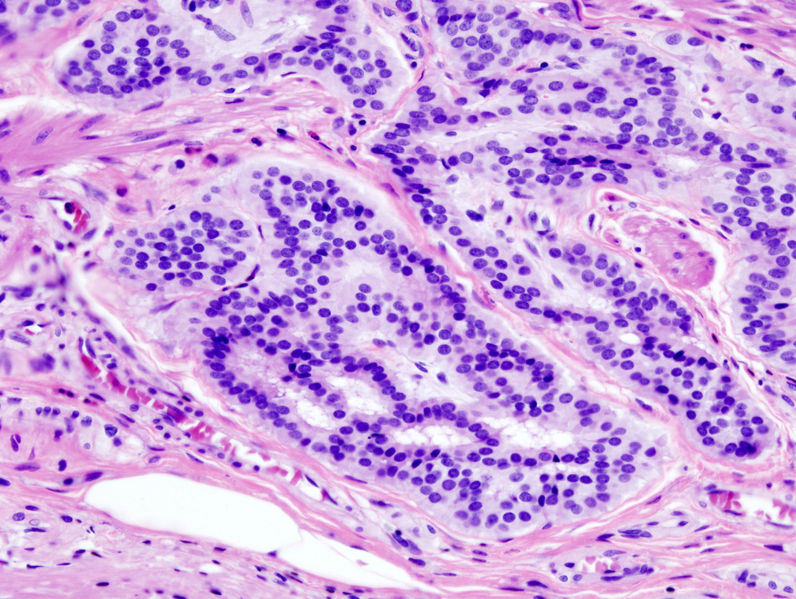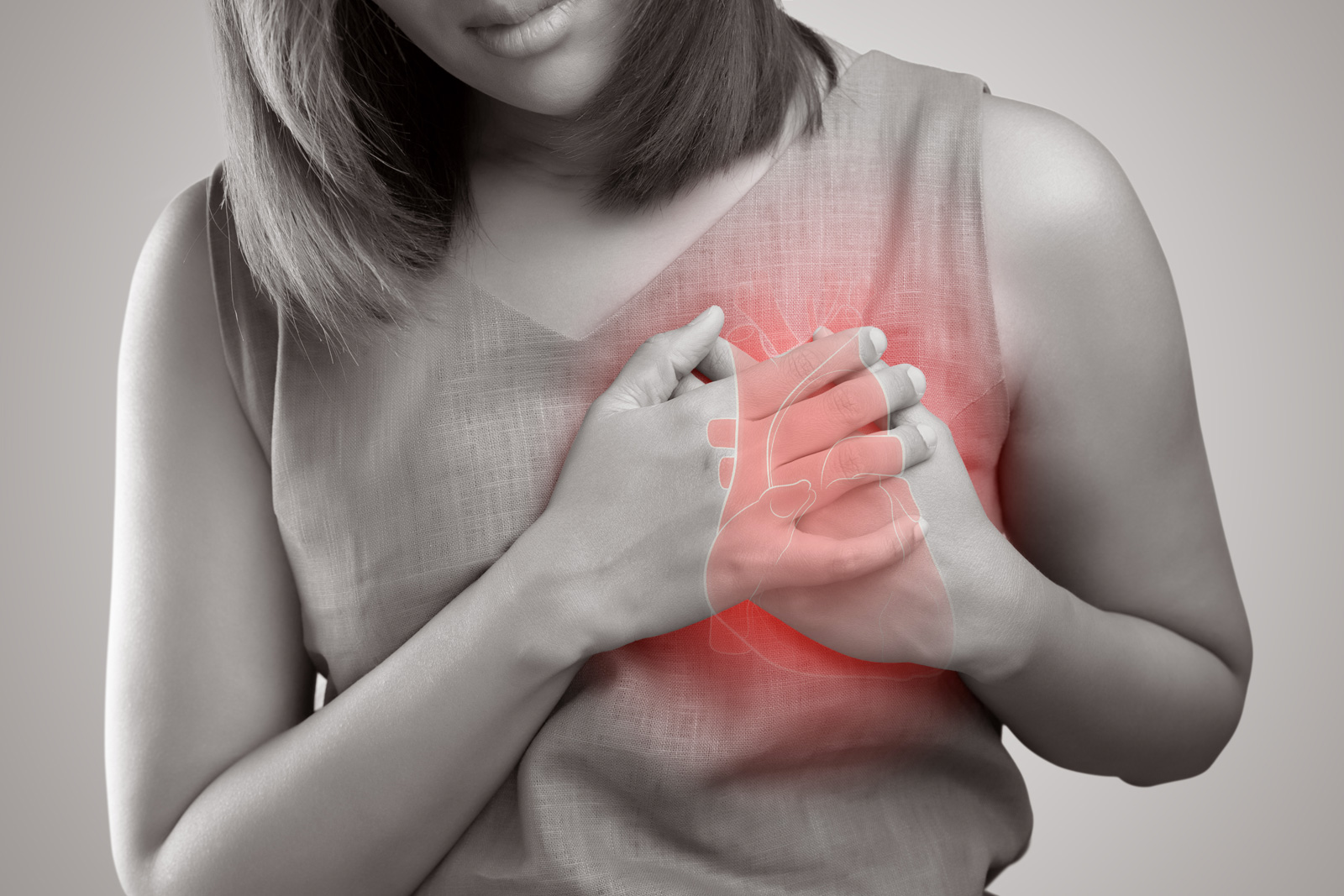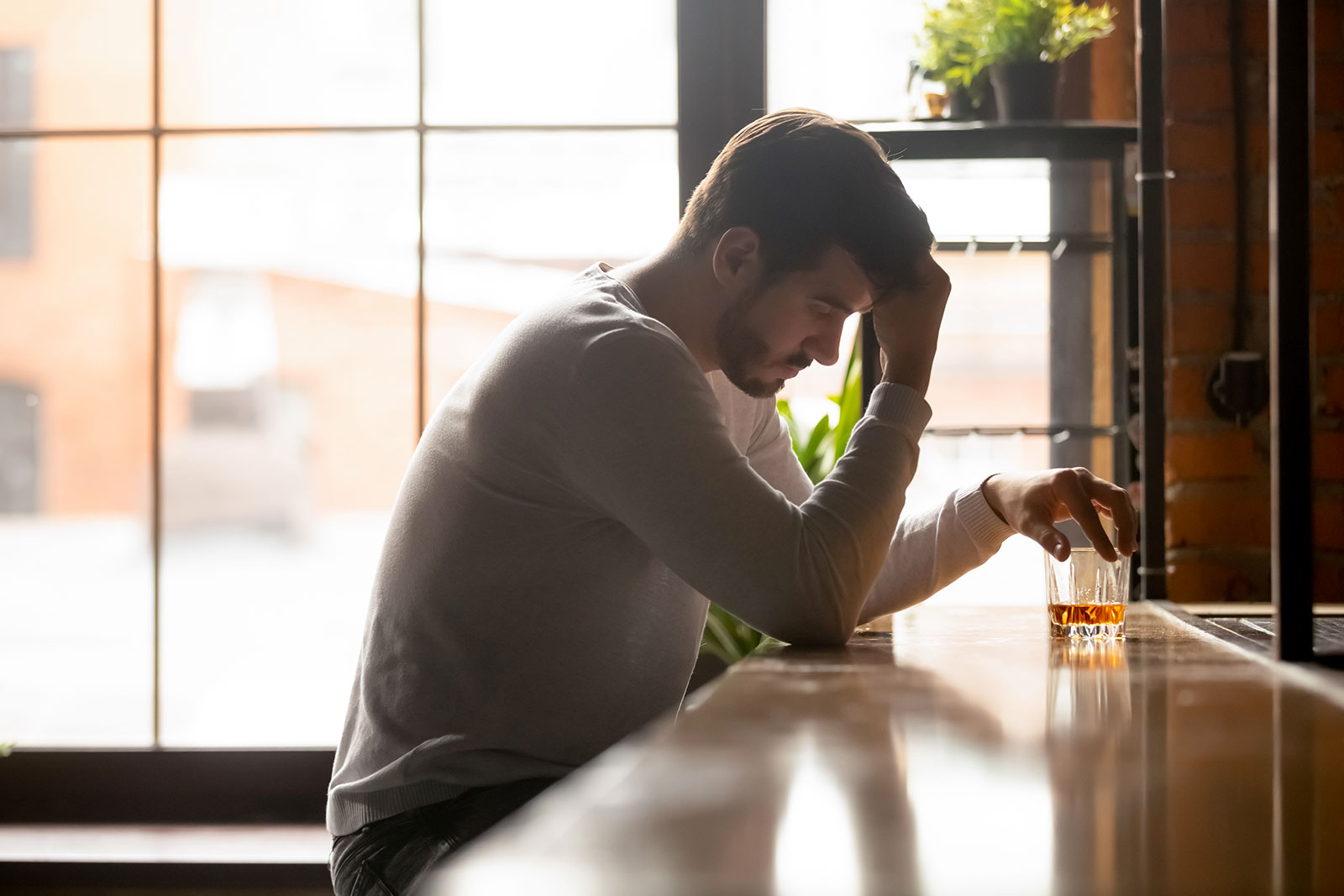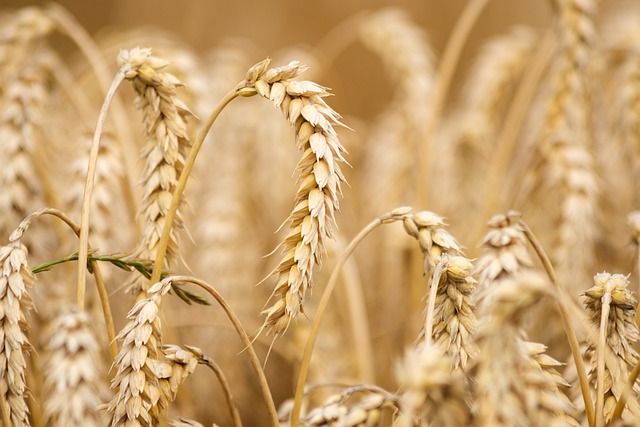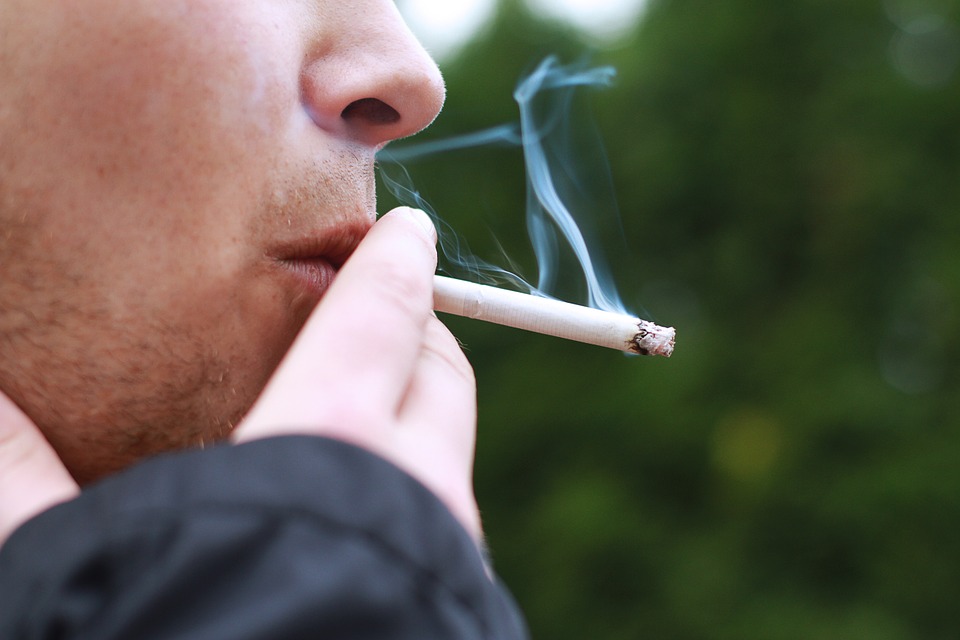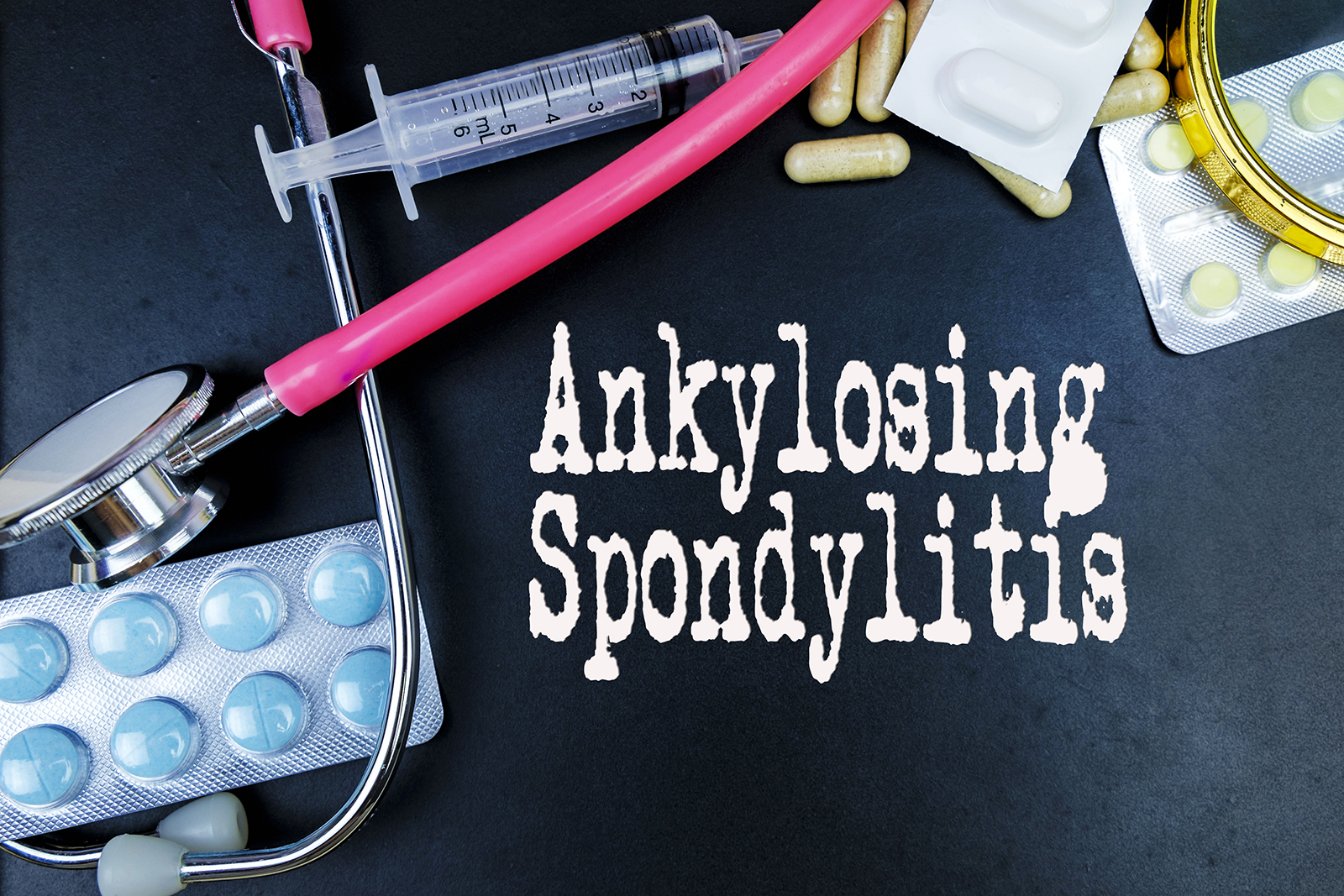Excess air in theabdomen and bloating of the stomach and intestines can be a serious discomfort, as well as generate sitiuazioni of some embarrassment, in social, work and relationship life.
Bloated stomach,strained intestines, and an uncomfortable flatulence when they become frequent complaints end up affecting and sometimes hindering daily activities, causing worry, anxiety, and stress in sufferers.
Anxiety and stress establish a vicious cycle of the “symptom-discomfort” type that is not conducive to solving the problem.
Bloating is a widespread disorder of the gastrointestinal tract caused by distention of the stomach or intestines, causing a feeling of fullness, although not necessarily near a meal.
The sudden onset of these disorders during the day can greatly affect people’s quality of life, creating discomfort and stress in their work environment, social relationships, and leisure time.
There are many questions to ask about the possible causes of bloating and excess air circulating in the abdomen: an unbalanced diet,
a food intolerance, depleted intestinal flora, and others.
It is in the colon that this symptomatology originates, especially the bloating:
- An accumulation of gas due to chemical processing of foods that promote its formation.
- A depleted microbiota, with insufficient numbers of lactobacilli and bifidobacteria, and thus unable to dispose of the various sugars in transit between the stomach and intestines can cause an accumulation of intestinal gas.
- A difficulty in transit of intestinal gas which , if retained, causes intestinal pain and bloating.
In addition to the possible causes of swelling, other more specific aspects also have some relevance such as a habit in eating the meal in too quick a time, a habit of a diet based on foods that develop abdominal air, or a diet too high in fat and sugar, or even very slow digestion with dyspeptic disorders.
Factors such as these can cause occasional or more recurrent bloating, the root cause of which will need to be identified in order to change the condition and resort to a variety of preventive measures, such as taking probiotics, which are strongly recommended for recurrent bloating.
Flatulence:
A disorder caused by gas produced by bacteria inhabiting the colon as a result of food fermentation, giving rise to the physiological need to get rid of it several times during the day.
Most often there is a close link between bloating and flatulence, although the two disorders can occur in isolation without any connection.
However, one can limit or eliminate swelling by choosing not to:
- take food slowly and chew thoroughly, avoiding talking during the meal so as not to introduce air into the esophagus and stomach.
- Do not include carbonated beverages in your meal, which are particularly harmful to digestion and responsible for air formation.
- Avoid consumption of alcohol and tobacco, which are harmful to the gastric mucosa.
- Replace coffee with barley or herbal teas.
- Do not chew sugary gum, which not only promotes intestinal fermentation but also causes functional gastric processes without food being introduced.
- Avoid dairy products, not indicated if you intend to limit fermentation.
- Avoid or infrequently consume foods such as different types of legumes (peas, lentils) or vegetables with a lot of fiber (broccoli, cabbage).
- Prefer homemade foods cooked with fresh produce rather than ready-made meals with added additives.
- Avoid sweet or fructose-rich foods.
- Introduce fiber-containing foods such as vegetables and fruits into the diet, but dosing the amount so that fiber intake is gradual and not excessive.
- Do not expose yourself to a stressful standard of living that can harm digestion and cause bloating.
You can limit or eliminate swelling by choosing to:
- take protein rather than carbohydrates in the diet against bloating, and also whole grains, nuts.
- Olive oil instead of butter.
- Natural water rather than alcohol.
- Doing physical activity consistently.
- Avoid tight clothing that can promote bloating and compress abdominal air.
- Practice relaxation techniques to foster a calm attitude and limit stress.





